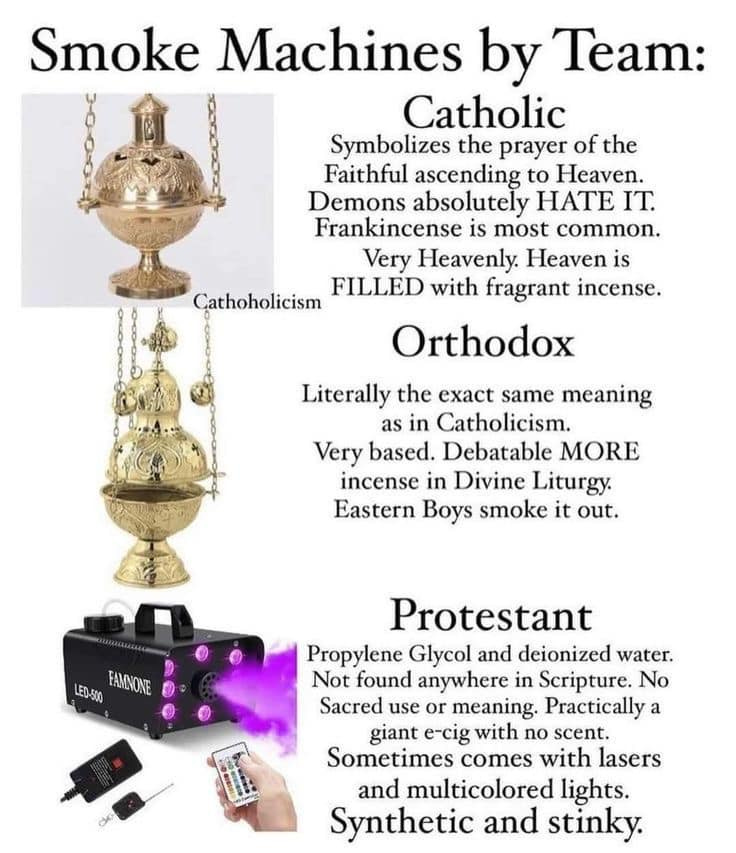On the feast days of the evangelists, it’s worth thanking God for the preservation of these words, and with them, knowledge. I mean, that’s true of history generally, like Roman emperors and stuff, but having a record of Jesus’ life and teachings helped keep the Church unified for centuries. Mostly.
Reading 1
Eph 4:1-7, 11-13
Brothers and sisters: I, a prisoner for the Lord, urge you to live in a manner worthy of the call you have received, with all humility and gentleness, with patience, bearing with one another through love, striving to preserve the unity of the Spirit through the bond of peace: one Body and one Spirit, as you were also called to the one hope of your call; one Lord, one faith, one baptism; one God and Father of all, who is over all and through all and in all.
But grace was given to each of us according to the measure of Christ's gift.
And he gave some as Apostles, others as prophets, others as evangelists, others as pastors and teachers, to equip the holy ones for the work of ministry, for building up the Body of Christ, until we all attain to the unity of faith and knowledge of the Son of God, to mature manhood, to the extent of the full stature of Christ.
God equips everyone differently for ministry, but he wants everyone to participate. But that participation is as a group, as Paul says, “One Body, one spirit,” which we quote often in the mass, with the Eucharistic Prayer III. For that to happen, we have to bear with one another with patience and humility.
Responsorial Psalm
Ps 19:2-3, 4-5
R. Their message goes out through all the earth.
The heavens declare the glory of God;
and the firmament proclaims his handiwork.
Day pours out the word to day,
and night to night imparts knowledge.
R. Their message goes out through all the earth.
Not a word nor a discourse
whose voice is not heard;
Through all the earth their voice resounds,
and to the ends of the world, their message.
R. Their message goes out through all the earth.
This Psalm is basically an ancient version of the fine-tuning argument for the existence of God.1 The regular rising and setting of the sun was enough evidence to convince the Israelites of the existence of a higher power, at least. They didn’t need a verbal argument.
But observations of nature can only get you so far, in knowing God, just like you can’t really get to know someone by watching them from a distance. At some point, He has to tell us about Himself.
And that’s just what he did, in the person of Jesus.2
Alleluia
R. Alleluia, alleluia.
We praise you, O God,
we acclaim you as Lord;
the glorious company of Apostles praise you.
R. Alleluia, alleluia.
***
Gospel
Mt 9:9-13
As Jesus passed by, he saw a man named Matthew sitting at the customs post. He said to him, "Follow me." And he got up and followed him.
While he was at table in his house, many tax collectors and sinners came and sat with Jesus and his disciples. The Pharisees saw this and said to his disciples, "Why does your teacher eat with tax collectors and sinners?"
He heard this and said, "Those who are well do not need a physician, but the sick do. Go and learn the meaning of the words, I desire mercy, not sacrifice. I did not come to call the righteous but sinners."
The Pharisees aren’t just being rude when they say Jesus shouldn’t be eating with tax collectors and sinners. Sitting down and eating with people like that would make one ritualistically unclean, which would require sacrifice to undo.
Which is why Jesus quotes Hosea.3 If it’s better to offer mercy than sacrifices at the Temple, then how much more important is mercy than ritual cleanliness?
We’re all sinners; we have that in common. But what we also have in common is God’s mercy. When He says, “I did not come to call the righteous but sinners,” he’s talking about all of us.
Here’s a shorter, podcast version.
And it’s why we’re grateful to Matthew for writing all of that down!




